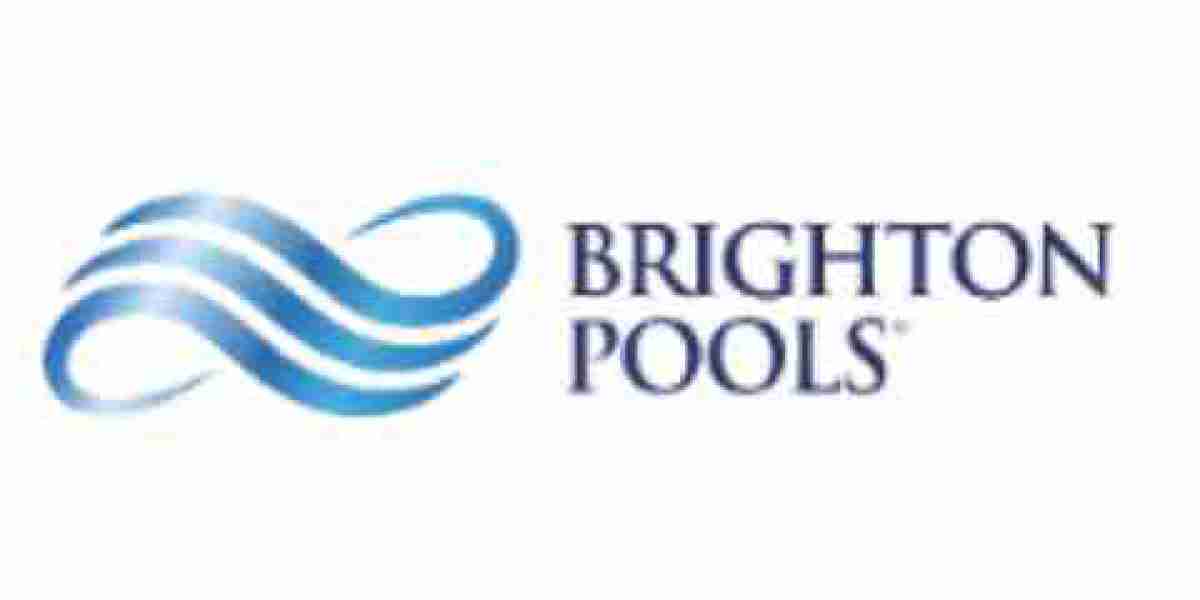Hotel pools are one of the most sought-after amenities by guests, especially during the warmer months or in resort-style accommodations. However, to keep a hotel pool running smoothly and ensure a high-quality guest experience, the pool equipment requires consistent care and maintenance. Proper upkeep of hotel pool equipment not only ensures safety and cleanliness but also prolongs the lifespan of the equipment, preventing costly repairs and replacements.
In this article, we’ll discuss essential tips and best practices for maintaining hotel pool equipment, helping hoteliers keep their pools in top shape and enhance guest satisfaction.
Why Hotel Pool Equipment Maintenance Matters
Maintaining hotel pool equipment is crucial for several reasons:
- Safety and Health: Pool equipment like pumps, filters, and heaters plays a vital role in keeping the water clean and safe for guests. Regular maintenance ensures that the pool is free from contaminants, bacteria, and algae.
- Efficiency: Well-maintained equipment operates more efficiently, saving on energy costs and reducing the wear and tear that can lead to frequent repairs or replacements.
- Prolonged Equipment Life: Proper care of the equipment reduces the likelihood of breakdowns and can extend the life of expensive components, such as filtration systems, pool heaters, and pumps.
- Cost Savings: Routine maintenance prevents costly repairs and downtime. It is more cost-effective to maintain equipment regularly than to replace broken components unexpectedly.
Key Hotel Pool Equipment That Requires Regular Maintenance
Hotel pool equipment includes a variety of components, all of which need regular care and attention. Let’s break down some of the most important equipment to maintain:
1. Pumps and Motors
Pumps are responsible for circulating the water through the filtration system. Without a well-functioning pump, the water will not be filtered properly, leading to poor water quality and unsanitary conditions. Regular maintenance is essential to ensure optimal pump performance.
- Maintenance Tips:
- Clean the pump basket regularly to remove debris.
- Check for leaks and ensure that seals and gaskets are in good condition.
- Lubricate the pump motor periodically.
- Inspect the motor for signs of wear and replace worn-out parts.
2. Filters
Filters remove debris and contaminants from the pool water. Pool filters come in various types, including sand, cartridge, and DE (diatomaceous earth) filters, each requiring specific maintenance.
- Maintenance Tips:
- Clean or replace filter cartridges as needed, typically every 6 months.
- Backwash sand filters regularly (usually every 1-2 weeks) to prevent buildup.
- For DE filters, ensure the grids are clean and free of holes.
- Monitor pressure gauges to detect when the filter needs cleaning or replacement.
3. Heaters
A pool heater is essential for maintaining comfortable water temperatures for guests. However, these systems can become less efficient or even break down if not properly maintained.
- Maintenance Tips:
- Clean heater filters regularly to ensure proper airflow.
- Check the heater’s temperature settings and thermostat for accuracy.
- Inspect for signs of corrosion, particularly around the heat exchanger, and replace worn parts.
- Test the heater’s safety features, such as pressure relief valves and sensors.
4. Chlorine Generators and Chemical Feeders
For pools that use saltwater systems or automatic chemical feeders, maintaining the chlorine generator or chemical system is essential to maintain the proper chemical balance of the pool water.
- Maintenance Tips:
- Clean the chlorine generator cells according to the manufacturer’s instructions.
- Check chemical feeders regularly to ensure they are dispensing the correct amount of chemicals.
- Test the water’s chemical levels frequently, including pH, chlorine, and alkalinity, to ensure that the system is functioning properly.
5. Automation and Control Systems
Many hotel pools now feature advanced automation systems that control pumps, filters, heaters, and lighting remotely. These systems improve efficiency, but they require ongoing maintenance to ensure their proper operation.
- Maintenance Tips:
- Update software or firmware for automated systems to ensure the latest features and security measures are in place.
- Test automation systems regularly to verify that everything is running as scheduled.
- Ensure that the control panel is clean and free from debris to avoid any potential malfunctions.
6. Lighting and Electrical Systems
Pool lighting enhances the guest experience, particularly during evening hours. However, faulty lights or electrical components can pose a safety hazard if not properly maintained.
- Maintenance Tips:
- Regularly inspect lights for burned-out bulbs or damage.
- Check wiring for signs of wear or corrosion.
- Test the lighting system to ensure it is functioning as intended.
- Schedule an electrical inspection to ensure the entire system is safe and up to code.
General Maintenance Best Practices for Hotel Pool Equipment
1. Perform Regular Inspections
Routine inspections are essential to catch minor issues before they escalate into larger, costlier problems. Schedule inspections of the pool equipment and components at least once a month. During these inspections, check for signs of wear, corrosion, leaks, or damage.
2. Keep Detailed Maintenance Records
It’s important to keep a detailed record of all maintenance tasks performed, including the dates and any parts replaced or repaired. This helps you track the life cycle of the equipment and plan for future repairs or replacements.
3. Maintain Proper Water Chemistry
The quality of the water directly impacts the performance of the pool equipment. Imbalanced water chemistry can lead to scale buildup, corrosion, or clogging in your pool’s filtration system. Regularly test and adjust the pH, chlorine, alkalinity, and calcium hardness to maintain proper water balance.
4. Clean the Pool Area Regularly
Debris can clog pool equipment or reduce the efficiency of pumps and filters. Keep the pool area clean by regularly skimming the surface, vacuuming the pool, and ensuring the area around the pool equipment is free of debris.
5. Service Equipment During the Off-Season
During periods of low pool usage, such as the winter months in colder climates, consider scheduling more in-depth maintenance or servicing. This ensures that equipment is fully operational when the peak season begins and can help catch problems early.
6. Train Your Staff
Your pool maintenance staff should be well-trained in identifying common equipment problems, conducting routine checks, and addressing minor repairs. A well-informed team is more likely to spot issues before they become serious.
Conclusion
Maintaining hotel pool equipment is an ongoing process that requires attention to detail, regular inspections, and preventive measures. By following these maintenance tips, hotel owners can prolong the life of their equipment, improve pool safety and cleanliness, and reduce the risk of costly repairs. Proper care of pool equipment also enhances guest satisfaction, ensuring that the pool remains a reliable and attractive feature of the hotel.
Investing in the maintenance of your hotel pool equipment is an investment in both the longevity of your facility and the satisfaction of your guests. With routine care, your hotel pool will remain a welcoming and enjoyable space for guests to enjoy for years to come.














